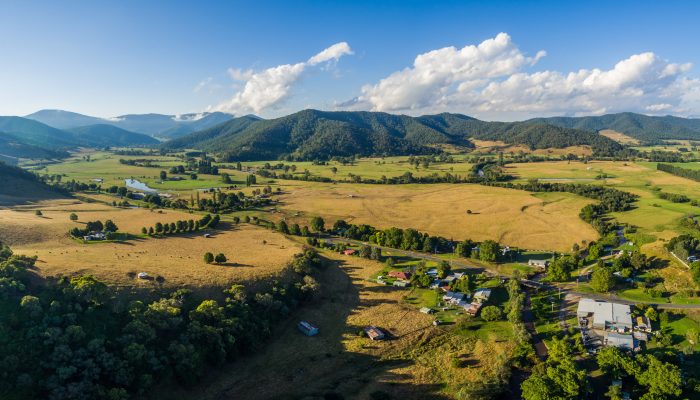New Regional Sponsored Visa Program
Two new temporary skilled regional visas are open for application which act as pathways to Australian permanent residency via the Permanent Residence (Skilled Regional)(subclass 191) visa.
The following new temporary visa subclasses are now open for applications:
- Skilled Work Regional (Provisional) visa (subclass 491); and
- Skilled Employer Sponsored Regional (Provisional) visa (subclass 494)
The intent of these visas is to encourage skilled migrants to settle in regional areas of Australia and ease “congestion” and population pressure in the capital cities. As part of this program, more occupations are available for skilled workers on the regional occupation list and the areas defined as “regional” have also been increased (essentially, all of Australia aside from Sydney, Melbourne and Brisbane).
The visas are for up to five years and visa holders have to work and live in the designated regional areas until they are eligible for permanent residency (after three years).
The Government has so far set aside 23,000 under the regional visa program and indicated these applications will receive priority processing.
A closer look – Subclass 491 (Skilled Regional Visa)
Applicants for the subclass 491 visa must:
- be nominated to apply by a state or territory government agency, or an eligible relative must sponsor the applicant
- have an occupation on a relevant skilled occupation list
- have a suitable skills assessment for the occupation
- be invited to apply
- satisfy the points test. The points test is now more lenient with more points than previously being awarded for certain STEM qualifications, having a skilled partner, a partner with Competent English or no partner at all or being nominated by a State or Territory Government or sponsored by an Australian relative.
A closer look – Subclass 494 (Sponsored Regional Visa)
Applicants for the new subclass 494 visa must:
- be nominated by the employer to work in an eligible occupation
- have at least 3 years relevant work experience in the relevant nominated occupation
- have a satisfactory skills assessment (unless an exemption applies)
- work only for the sponsor or an associated entity (unless an exemption applies). A new nomination and visa application must be lodged to change occupations, and the three year regional work/live requirement for a subclass 191 permanent residency visa re-starts
- be under 45 years of age (unless an exemption applies)
- have Competent English
New visa conditions
The following new visa conditions have been introduced to ensure regional visa holders are meeting their obligations:
- Condition 8578: notifying the Department of change of address, contact details and location of work
- Condition 8579: visa holders must live/work and study only in the designated regional area
- Condition 8580: if requested, the visa holder must provide residential address, work location or location of studies
- Condition 8581: visa holder must attend interview with the Department if requested
- Condition 8608: visa holder to only work in nominated occupation for the sponsor or associated entity
For advice regarding the regional visa framework, please do not hesitate to contact us at info@hartmanlawyers.com.au for Australian immigration assistance.
Disclaimer:
The information on this website is intended only to provide a summary and general overview on relevant matters. It is not intended to be comprehensive nor does it constitute legal advice. You are advised to seek legal or other professional advice before acting or relying on any of the content contained in this website.


 For advice regarding accessing the GTS, please do not hesitate to contact us at
For advice regarding accessing the GTS, please do not hesitate to contact us at 

